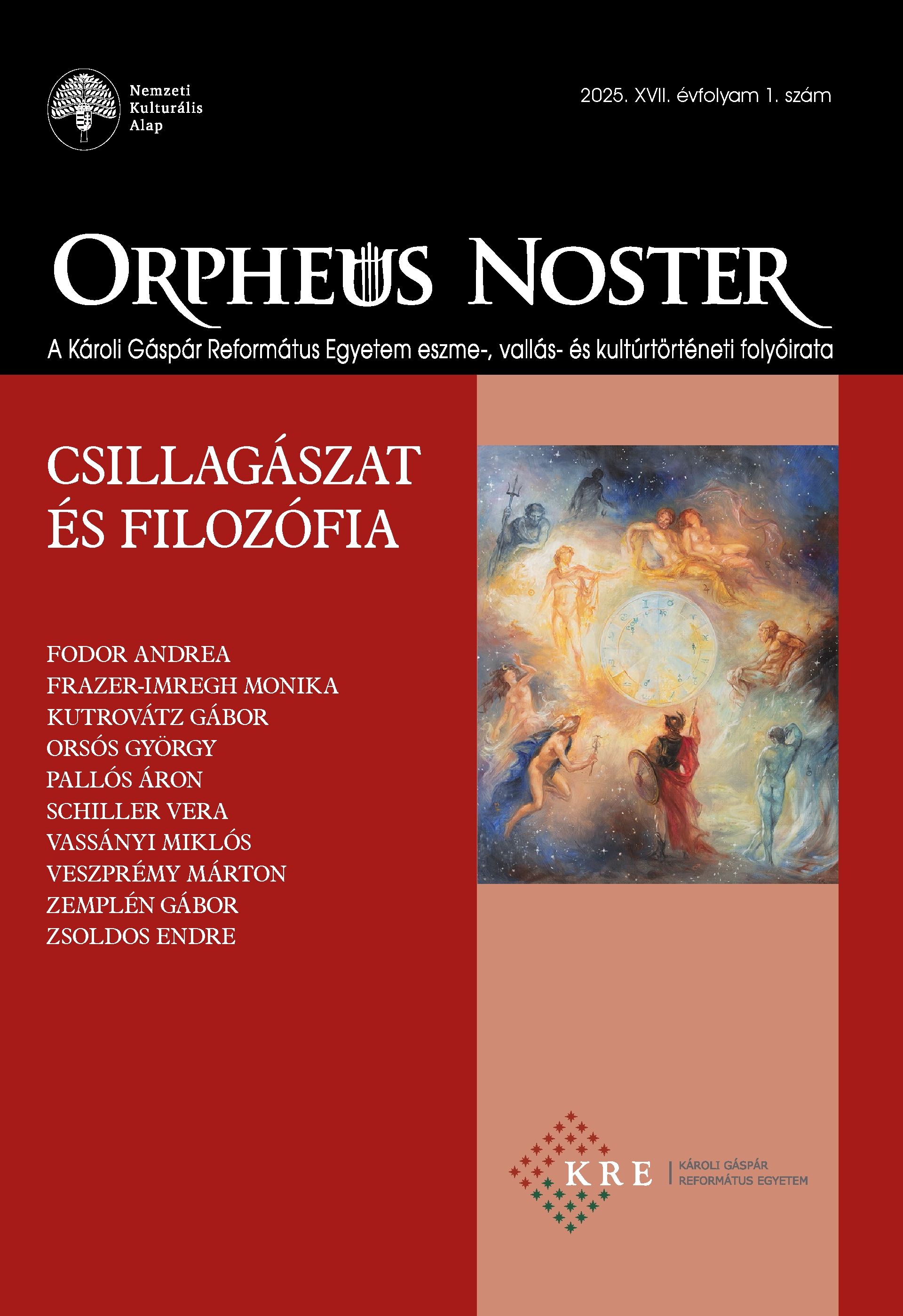Erasmus és a török kérdés magyarországi kapcsolatai tükrében
Kulcsszavak:
Erasmus, magyar erasmisták, török kérdés, humanizmus
Absztrakt
Rotterdami Erasmus (1466–1536), a „humanisták fejedelme” életcéljául tűzte ki a keresztény egység, a Respublica Christiana megteremtését, amelyen munkálkodva létrehozott egy új filozófiai irányzatot, az erazmizmust. Szívügyének tekintette a török kérdés megoldását, mert az ellehetetlenítette céljai megvalósítását. Minden befolyását bevetette az európai politikai színtéren az áhított béke eljöveteléért, melyhez a magyarországi erasmisták is igyekeztek hozzájárulni lehetőségeikhez mérten, megtapasztalva a török terjeszkedés súlyos következményeit. Több kiemelkedő életpályát magáénak tudható hazai erasmista állt kapcsolatban Erasmusszal, és munkálkodott vele együtt a török kérdés megoldásán.
Megjelent
2025-04-28
Hogyan kell idézni
AndreaF. (2025). Erasmus és a török kérdés magyarországi kapcsolatai tükrében. Orpheus Noster, 17(1), 19-29. Elérés forrás https://ojs.mtak.hu/index.php/on/article/view/18904
Folyóirat szám
Rovat
Cikkek


